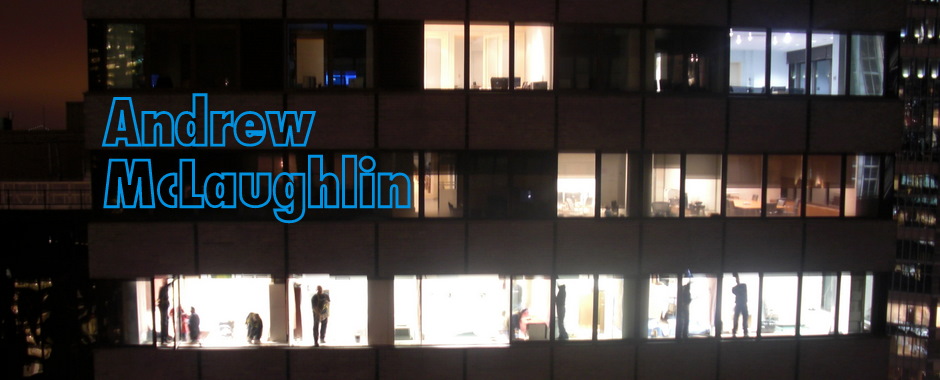Stanford Law: From Public Squares to Platforms: Free Speech in the Networked World
The set-up: “From local issues like the BART protests to national and international movements like Occupy and the Arab Spring, individuals and organizations are increasingly utilizing the Internet, social networking, and mobile devices to communicate and connect. This diverse panel from academia, public interest, and private practice, will discuss the opportunities and challenges for free speech as it increasingly moves from the town square to the networked world. Co-sponsored by the California State Bar Cyberspace Committee and the Stanford Center for Internet and Society.”
Co-panelists:
Dorothy Chou Senior Policy Analyst, Google Dorothy Chou is a Senior Policy Analyst and leads Google's policy efforts to increase Transparency. She manages the day-to-day operations of the Central Public Policy team at Google's headquarters, and handles government relations for Google's Crisis Response/Disaster Relief projects as well as the Data Liberation Front. Dorothy began working for Google in the Washington, D.C. office four years ago, managing issues around China, free expression and child safety before moving to the San Francisco Bay Area last summer. Dorothy holds a B.S. in International Politics from Georgetown University's Walsh School of Foreign Service.
Linda Lye Staff Attorney, ACLU of Northern California Linda Lye joined the ACLU-NC as a staff attorney in 2010 after serving 5 years on its Board of Directors and 7 years on its Legal Committee. She was formerly a partner at Altshuler Berzon, a San Francisco law firm specializing in labor and employment law, as well as constitutional, civil rights, and environmental law. Early in her legal career, she clerked for Judge Guido Calabresi of the United States Court of Appeals for the Second Circuit and Justice Ruth Bader Ginsburg of the United States Supreme Court. Prior to law school, she was a policy analyst for the fiscal committees of the Assembly in the California Legislature, and also worked as a death penalty investigator at the California Appellate Project. She has an undergraduate degree from Yale University and a JD from Boalt Hall, at the University of California at Berkeley.
Philip Hammer Of Counsel, Hoge Fenton Jones & Appel Philip Hammer is Of Counsel to the law firm of Hoge Fenton Jones & Appel in San Jose, California. Mr. Hammer successfully litigated the right to circulate petitions in privately owned shopping centers in the California Supreme Court (1979) and the United States Supreme Court: Pruneyard Shopping Center v. Robins, 447 U.S. 74 (1980).
Laurence Pulgram Partner and Chair of Commercial and Copyright Litigation Group, Fenwick and West LLP Lawrence Pulgram is a Partner in the Litigation and Intellectual Property Groups of Fenwick & West LLP, counsel in intellectual property and complex commercial disputes. His practice emphasizes technology related litigation and frequently involves novel legal issues generated by cutting-edge information technologies.
Moderator: Nicole Ozer Co-Chair- California State Bar Cyberspace Committee, Technology and Civil Liberties Policy Director, ACLU of Northern California Nicole A. Ozer is the Technology and Civil Liberties Policy Director at the ACLU of Northern California. She works on the intersection of new technology, privacy, and free speech and spearheads the organization’s online privacy campaign, Demand Your dotRights (www.dotrights.org). Nicole is the co- chair of the California State Bar Cyberspace Committee and a founding board member of the Bay Area Legal Chapter of the American Constitution Society (ACS).
